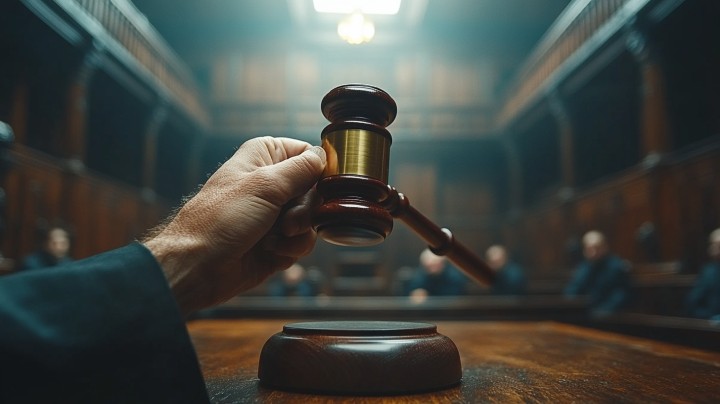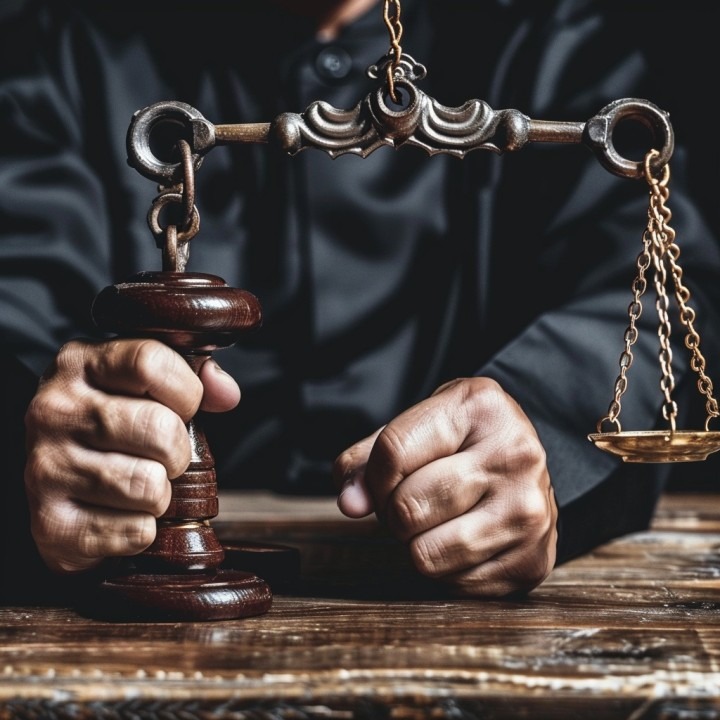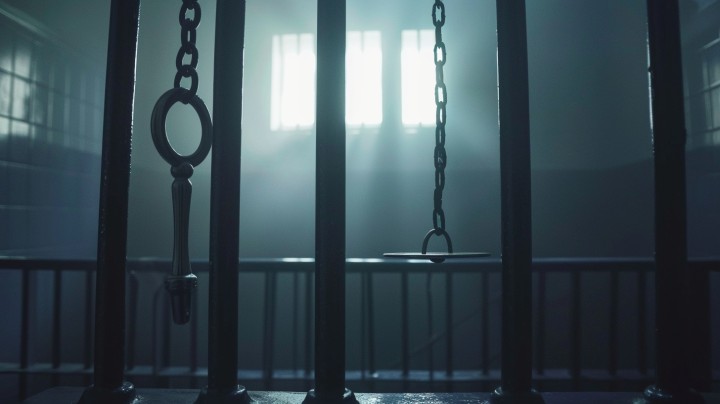The Purpose of Bail in the American Judicial System: Balancing Justice and Safety
The American judicial system is a complex network designed to uphold the law while protecting the rights and freedoms of individuals. At the heart of this system is the concept of bail, a mechanism that seeks to balance the presumption of innocence with the need for ensuring that justice is served. This article delves into the multifaceted purpose of bail, exploring its significance, the factors influencing its determination, and the ongoing debates surrounding its practice.
Ensuring the Presumption of Innocence
Central to the American legal system is the principle that an individual is presumed innocent until proven guilty. Bail embodies this principle by allowing accused persons to remain free while awaiting trial. This freedom is crucial not only for the individual’s right to liberty but also for their ability to prepare a defense. Being out of custody provides the accused with the opportunity to work closely with their legal representation, gather evidence, and strategize their case, which can be pivotal in ensuring a fair trial.
Securing Court Appearance
The primary purpose of bail is to ensure that an individual accused of a crime returns to court for their trial and any other required legal proceedings. Bail acts as a financial incentive; the accused or their supporters deposit a sum of money or property with the court, which is forfeited if the accused fails to appear as promised. This system is designed to deter individuals from absconding and to maintain the integrity of the judicial process by ensuring that trials can proceed as scheduled.
Protecting Public Safety
While the presumption of innocence is a cornerstone of the judicial system, courts must also consider the safety of the community when setting bail. In cases where the accused is deemed a potential threat to others or is likely to commit further crimes if released, bail can be set high or denied altogether. Conditions may also be imposed on the release, such as electronic monitoring, travel restrictions, or orders to avoid contact with victims, to mitigate any risk the accused might pose.
Bail Determination Factors
The process of determining bail is a nuanced one, with judges considering multiple factors to make their decision. These include the severity of the alleged crime, the evidence against the accused, their criminal history, ties to the community, and the likelihood of fleeing before trial. The goal is to set bail at a level that reflects the seriousness of the offense while also being fair and not punitive, ensuring that it serves its purpose without causing undue harm to the accused or their family.
Impact of Bail on Defendants and Families
The bail system can have profound social and economic impacts, particularly on those unable to afford the set amount. For individuals living paycheck to paycheck, even a relatively small bail amount can be insurmountable, leading to pretrial detention. This detention can result in job loss, housing instability, and significant strain on family relationships, exacerbating the challenges faced by economically disadvantaged communities and contributing to a cycle of poverty and incarceration.
Controversies Surrounding Bail Practices
The practice of requiring cash bail has come under intense scrutiny, with critics arguing that it creates a two-tiered justice system: one for the wealthy, who can afford to secure their freedom, and another for the poor, who cannot. This disparity raises significant concerns about fairness and equality under the law, prompting calls for reform. Critics also point out that pretrial detention for minor offenses can lead to overcrowded jails, increased taxpayer burdens, and adverse outcomes for individuals who might have been acquitted or received non-custodial sentences.
Bail Reform Efforts
In response to these criticisms, there has been a growing movement towards bail reform. Advocates for change argue for alternatives to cash bail, such as risk assessment tools to evaluate the necessity of detention, pretrial supervision programs, and the increased use of personal recognizance releases, which rely on the accused’s promise to return to court without the need for a financial deposit. These reforms aim to create a more equitable system that bases pretrial release decisions on risk rather than financial capacity, ensuring that the bail system serves its intended purpose without causing undue harm.
Conclusion
The purpose of bail in the American judicial system is multifaceted, balancing the rights of individuals against the needs of the community and the integrity of the judicial process. While bail serves as a crucial mechanism for ensuring court appearances and safeguarding public safety, its current practices have sparked significant debate and calls for reform. As society continues to grapple with these issues, the future of bail will likely involve a continued push towards a system that is fair, just, and equitable for all, regardless of economic status.
[ninja_form id=6]






